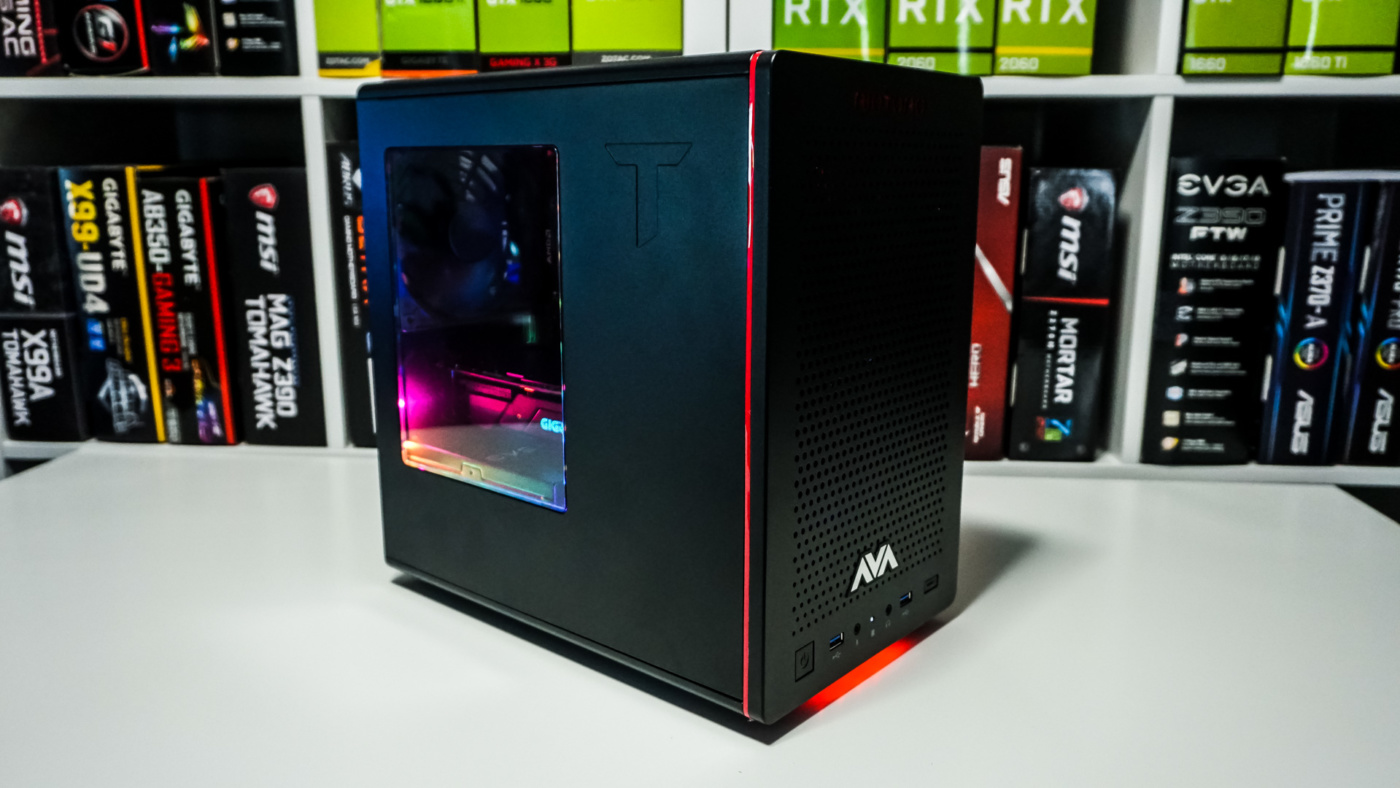If that sounds unapproachable and intimidating, take a deep breath and relax. There is no need to be frightened. All you need to build your first gaming computer is the right set of parts, a fair financial budget and some patience.
Whether you love first-person shooters, no wagering casino or any other game be it online games like solitaire, casino or board games, there are times when you wanted a little more from your gaming experience, building your own computer is the answer. Not only do you have complete control over which components you choose, it is also a fun and rewarding process that gives you the opportunity for upgrades as technology and taste changes over time.
Building your own gaming PC will require to possess some components for the buildup and some of the major components that you will need to acquire include:
Processor
Your central processing unit, or CPU, is basically the computer’s brain. It controls the number of tasks your computer can accomplish at once and how quickly it can complete said tasks. This is where the magic happens.
While there are a lot of specs you can use to compare central processing units, for your first build it’s OK to find one that is a little cheaper but gets the job done. But it is eminent to keep in mind that most modern games are multi-core and are designed to take advantage of this, hence it is advisable to go for a CPU with at least four cores.
Motherboard
The motherboard is the main circuit board that houses the various components of your gaming PC. Like a flesh-and-blood, your CPU and mother board must be compatible. The motherboard takes the disparate pieces, sits them down in their proper places, and helps them behave well together. Take some time to think ahead about the other members of your PC family—like the video card, memory, and other components you want to use—to choose a motherboard that accommodates them.
Memory
One important thing to keep in mind when choosing memory for your computer build is what your processor and motherboard can support. Random access memory, or RAM, allows computers to access files quickly and run multiple processes at once without lagging. Most gaming PC requires 8 – 16 gig RAM. The higher the ram the faster your pc runs but it is wise and economical to go for a RAM that supports your system requirement to avoid downclocking of your PC.
Storage
It can be tricky to know exactly how much storage you’ll need. Make your best-informed guess. Look at how much space your current list of games requires and use this number as a benchmark.
Then there’s another choice you have to make. You can buy either a hard drive or a solid-state drive (SSD). Some sources recommend combining a lower-end SSD with a hard drive for the best of both worlds. But if you can cover your storage needs with an SSD alone, it may be helpful to go this route.
Power supply
You’re going to need to harness the power of electricity to bring your PC to life. This is where a quality power supply unit (PSU) comes into play. Avoid settling for the cheapest PSU to plug into your new machine. If you buy nice components, but penny-pinch for your power supply, you may find that you’ve literally burnt down your investment. It is advisable to buy the correct one recommended for your country/region.
Case
The computer case is where everything comes together. Like a good power source, a nice case can last you multiple rebuilds over many years.
Peripherals
Acquiring monitor, mouse, mic, keyboard and other peripherals balls down to personal preferences. Most importantly, keep build balance in mind when picking peripherals.
A key factor to keep in mind when building a computer for gaming is to make necessary research on gaming sites to know various game requirements such as casino games, adventures and others before building the computer to the desired result. For example, is you are building a computer solely for gaming, it is expected of you to check the game’s recommended system requirements and make plans accordingly.


